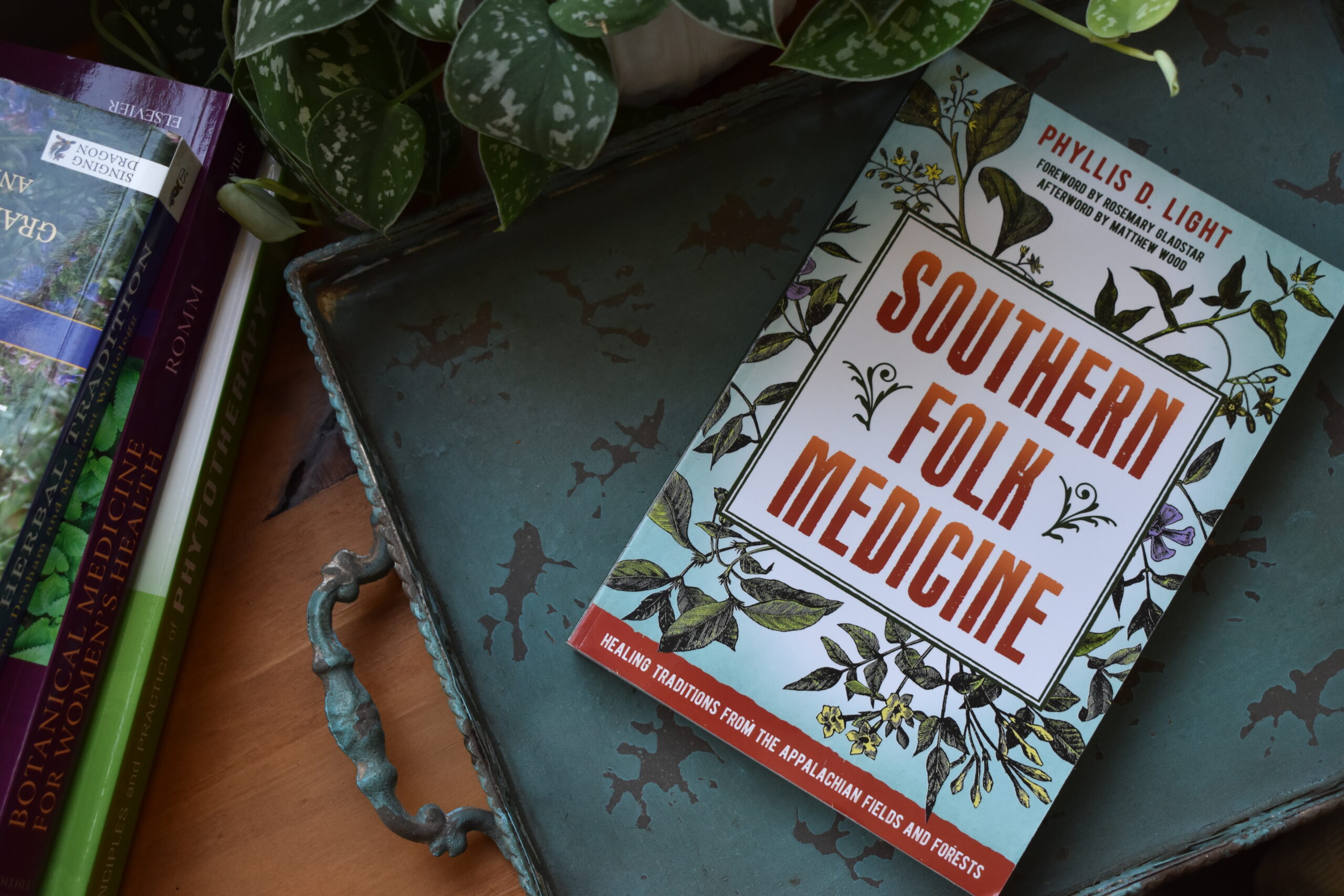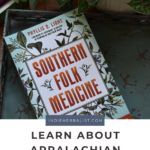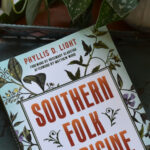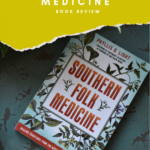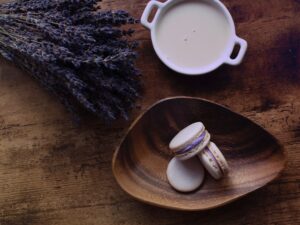Links contained in this post and elsewhere on my website may include affiliate links. When you make a purchase through these links, I earn a commission at no additional cost to you. I only link to products and services that I love - and that I think you will love, too!
I recently read this gem of a book about folk herbalism, so here’s my Southern Folk Medicine review! In this book, Alabama herbalist Phyllis D. Light shares her wisdom from several generations of Southern herbal knowledge.
This book was especially interesting to me because I’m a southern girl. My great grandparents, Mano and Eslee, are from Franklin County, Georgia. Franklin County is on the Piedmont plateau; the hills to the East of the Appalachian Mountains. On my mom’s side, my grandmother’s family is from Virginia by way of South Carolina, and my grandfather’s family is from western Tennessee.
Eslee embodied many Appalachian cultural customs and was well known for her gardening skills. Both sets of grandparents were avid gardeners. All of my tinkering in the garden has been going on since I could walk! Being able to reconnect with herbalism’s southern roots is exciting for me.
What is Southern Folk medicine?
This type of folk herbalism is one of the more eclectic traditions. It developed in southern Appalachia. Influences include:
- Cherokee and other native medicine practices
- African medicine traditions practiced by slaves
- European traditions from colonists, which were in turn influenced by Ancient Greek medicine
- Religious and folk beliefs, superstitions, and practices
It’s based heavily on the idea that the correct balance and movement of fluids in the body promote health. Thus, blood, urine, sweat, and mucus are particularly important. The natural elements of fire, water, air, and earth are central to this system.
Southern folk medicine also draws on the idea of constitutional types. In this case, the constitutions are described as blood types. It’s important to remember that they are metaphors. The four blood types are
- Bitter Blood
- Salty Blood
- Sour Blood
- Sweet Blood
Each blood type pairs with an element. Bitter Blood is associated with fire. Salty Blood describes the activity of the water element within the body. Sour Blood is based on the influence of air/wind. The element of earth governs Sweet Blood.
Each element has an affinity to organ systems as well. For example, the nervous system is under the influence of the Air element, and the balance of Sour Blood.
What’s in the Southern Folk Medicine book?
The book contains 13 chapters. The first four chapters serve as an introduction to folk medicine. After that, you will delve into Southern folk medicine more specifically. Because Southern folk medicine draws from Western humoral traditions, a lot of emphases is placed on the fluids of the body.
You’ll learn how to see the human body through the lens of these fluids and the way they move around the body. After learning about how excess heat, cold, dryness, and dampness display in the body, Chapter 8 introduces the ideas behind Southern blood types.
From there, the book explores each Blood type. It concludes with a quiz designed to help you think about your own Blood type.
Southern Folk Medicine book review
If you’re looking for an interesting handbook to learn more about folk herbalism, this is a great option. I found the conversational, autobiographical style of the book to be a great choice for the subject matter. If you know anything about Southern culture, and Appalachian culture more specifically, you know that there is a high regard for storytelling.
So it’s fitting that the author’s voice stays very true to that tradition. If you aren’t familiar with the Southern need for storytelling, you might not be as comfortable with the style of the book at first. I encourage you to slow down and let the book unfold at its own pace. It’s folksy and indirect but full of traditional wisdom.
Learning more with Phyllis Light
Finding Ms. Light’s book was also very exciting for me because I’ve wanted to study with her for years now. She founded the Appalachian Center for Natural Health. When I first heard about her school it was in-person classes only, but she now offers online classes.
I recently found out she teaches a Holistic Herbal Assesment class online (#affiliate) with Matthew Wood. It’s even available in the Library Subscription (#affiliate) for $45 a month with many other wonderful courses.
Looking for more herbal books?
Browse my personal bookshelf to find more herbal books you might enjoy!
